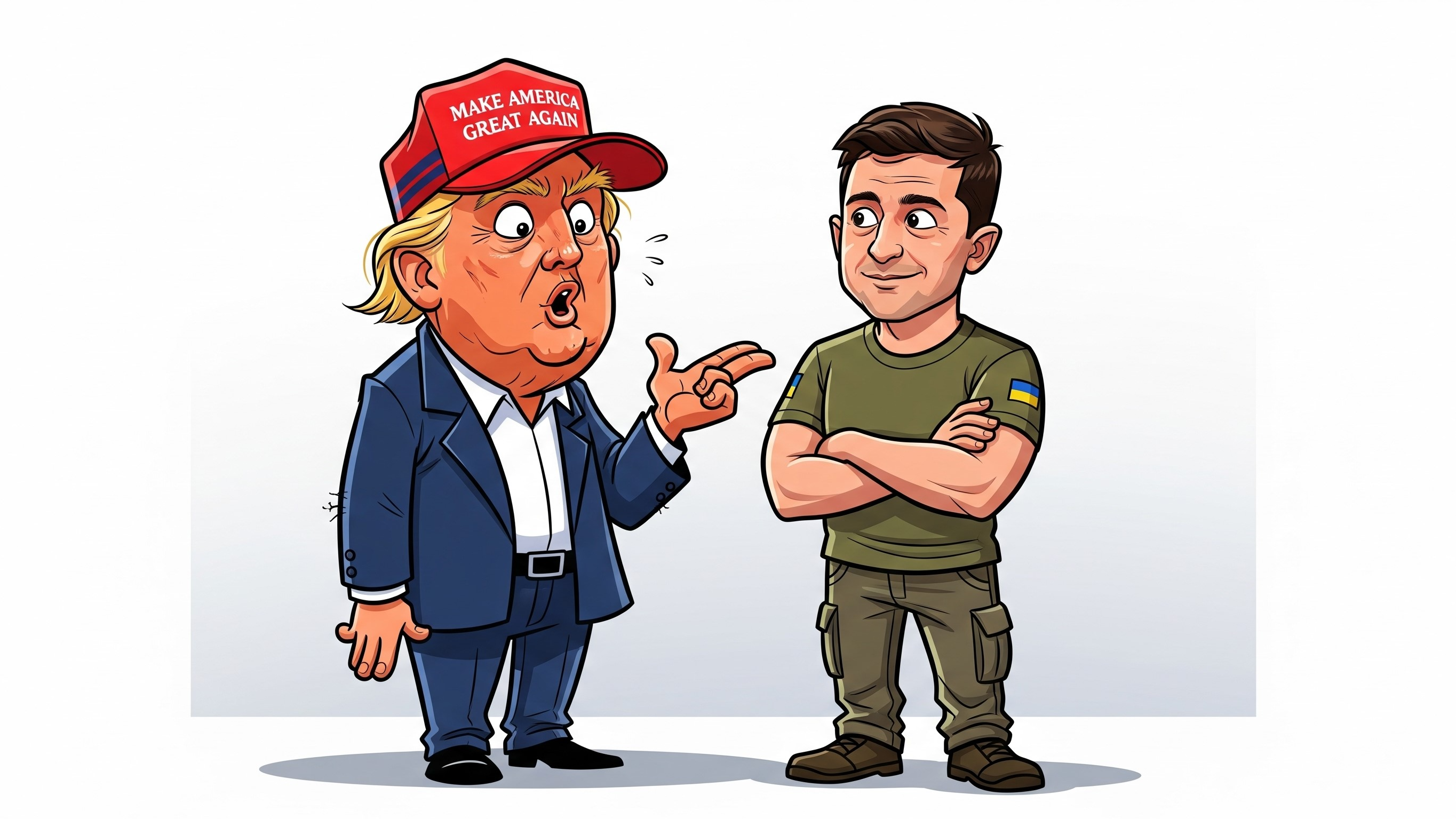

President Donald Trump’s recent diplomatic maneuvering on the Ukraine war represents a seismic shift in American foreign policy, one that is sending shockwaves from Kyiv to New Delhi. By aggressively pushing for a quick "peace deal" that appears to reward Russian aggression, the administration is replacing decades of established US leadership with a transactional and unpredictable approach. This strategy is not only being seen as a betrayal of Ukraine but is also fracturing key alliances, emboldening adversaries, and forcing nations across the globe to question the reliability of American security commitments.
The core of the new American strategy involves pressuring Ukraine into accepting a settlement that effectively validates Russia's territorial gains. Following his summit with Vladimir Putin, President Trump began advocating for a direct peace agreement, bypassing the crucial first step of a ceasefire. This approach implicitly accepts the Kremlin's key demands, including control over the Donbas region and a veto over Ukraine's potential NATO membership. In doing so, it treats Ukraine's sovereignty not as a fundamental principle but as a negotiable asset in a high-stakes deal. The administration's tactics have been overt, with a White House meeting where President Trump reportedly pressured Ukrainian President Volodymyr Zelenskyy to engage directly with Putin, turning a security crisis into a photo opportunity.
This unilateral shift has left European allies reeling. For decades, the United States has served as the anchor of the NATO alliance, providing a security umbrella that has maintained stability. Now, that foundation is cracking. European leaders, who have collectively invested more financial aid in Ukraine's defense than the U.S. since 2022, are being sidelined. Trump's willingness to concede on issues like Ukraine's NATO aspirations and territorial integrity without a unified Western consensus leaves Europe feeling exposed and abandoned. The result is a significant strain on transatlantic trust and a growing sense that the continent must prepare for a future with a less reliable American partner, potentially facing Russian expansionism on its own.
The fallout from this policy extends far beyond Europe. For China, Washington's actions are a strategic boon. A weakened NATO and a United States perceived as an unreliable ally give Beijing greater leverage in its own geopolitical ambitions, potentially lowering the perceived risks of aggressive actions, such as a move on Taiwan. For India, the situation is particularly alarming. The Trump administration's transactional approach and willingness to appease an aggressor raise serious concerns about how the U.S. might handle a future crisis in South Asia. New Delhi fears that a similar "dealmaking" impulse could lead to international pressure on India to make territorial concessions regarding Kashmir, legitimizing Pakistan's claims in a broader geopolitical bargain. This uncertainty is forcing India to recalibrate its foreign policy, hedging its bets and potentially strengthening its alignment with partners like Russia and China within the BRICS framework to counter American unpredictability.